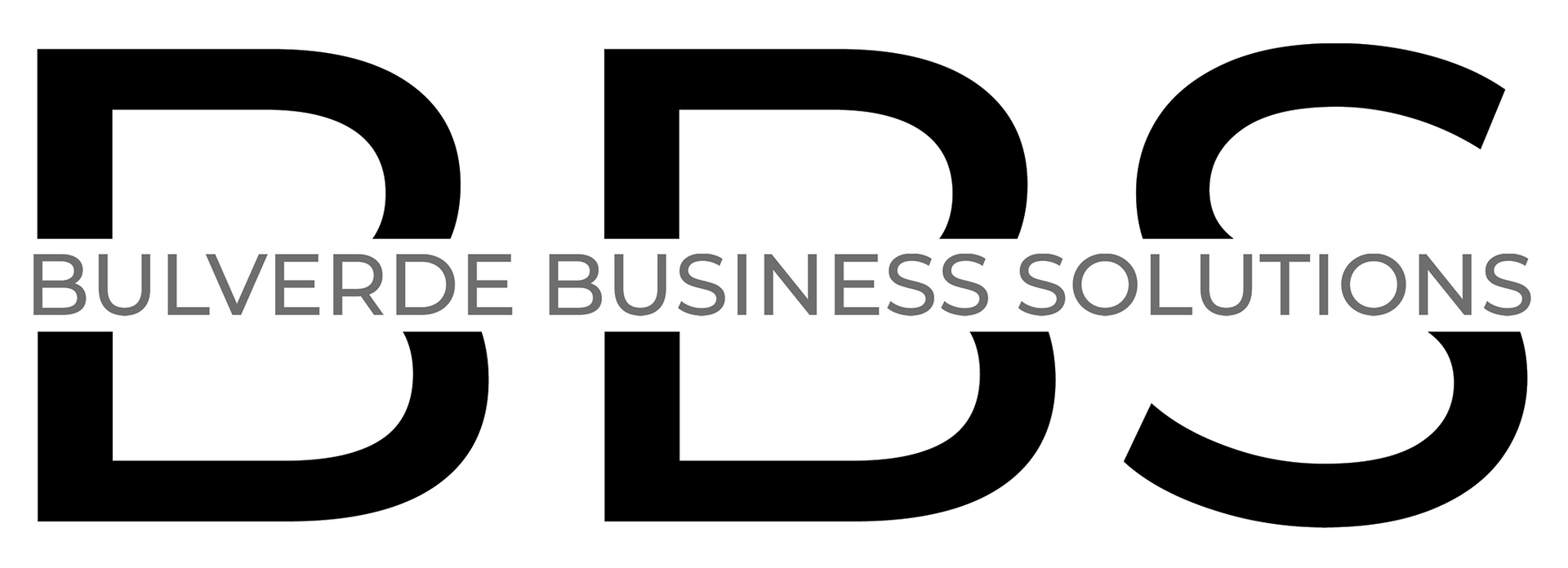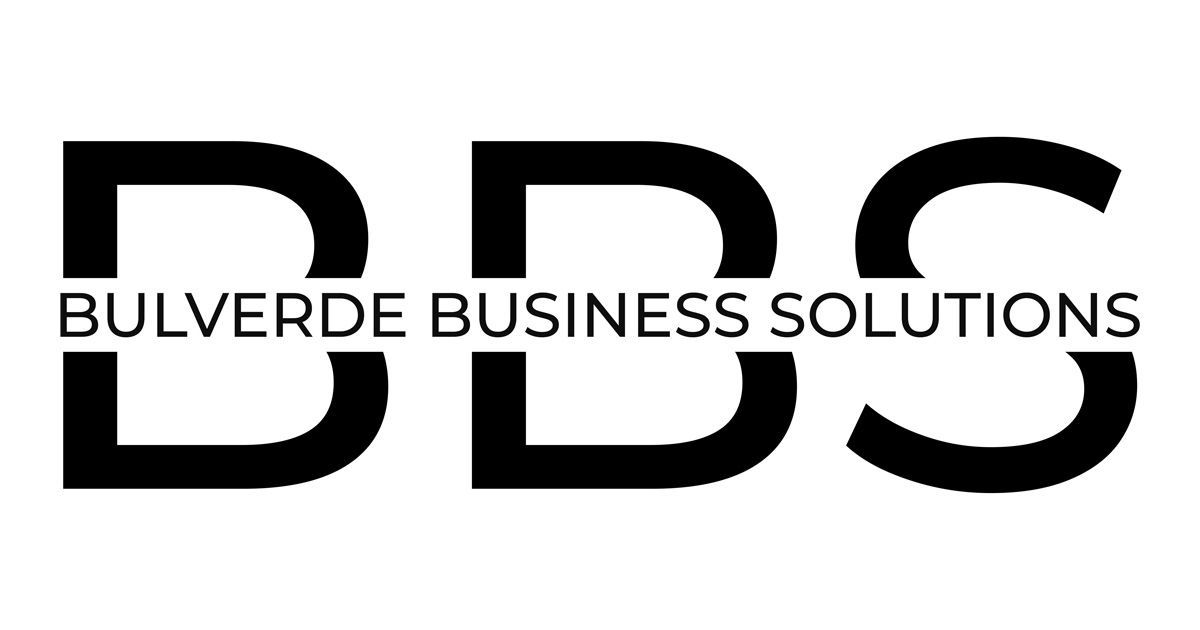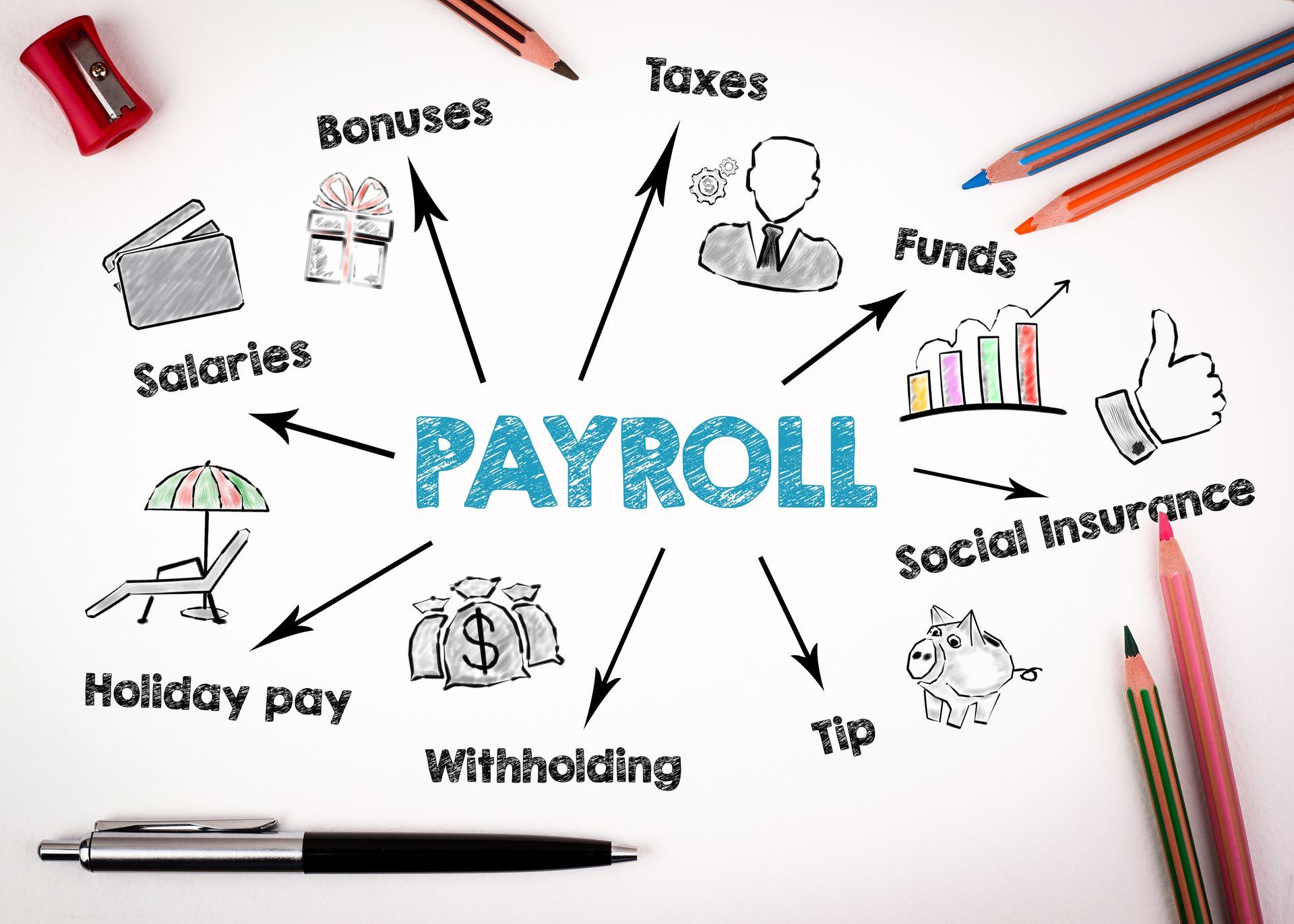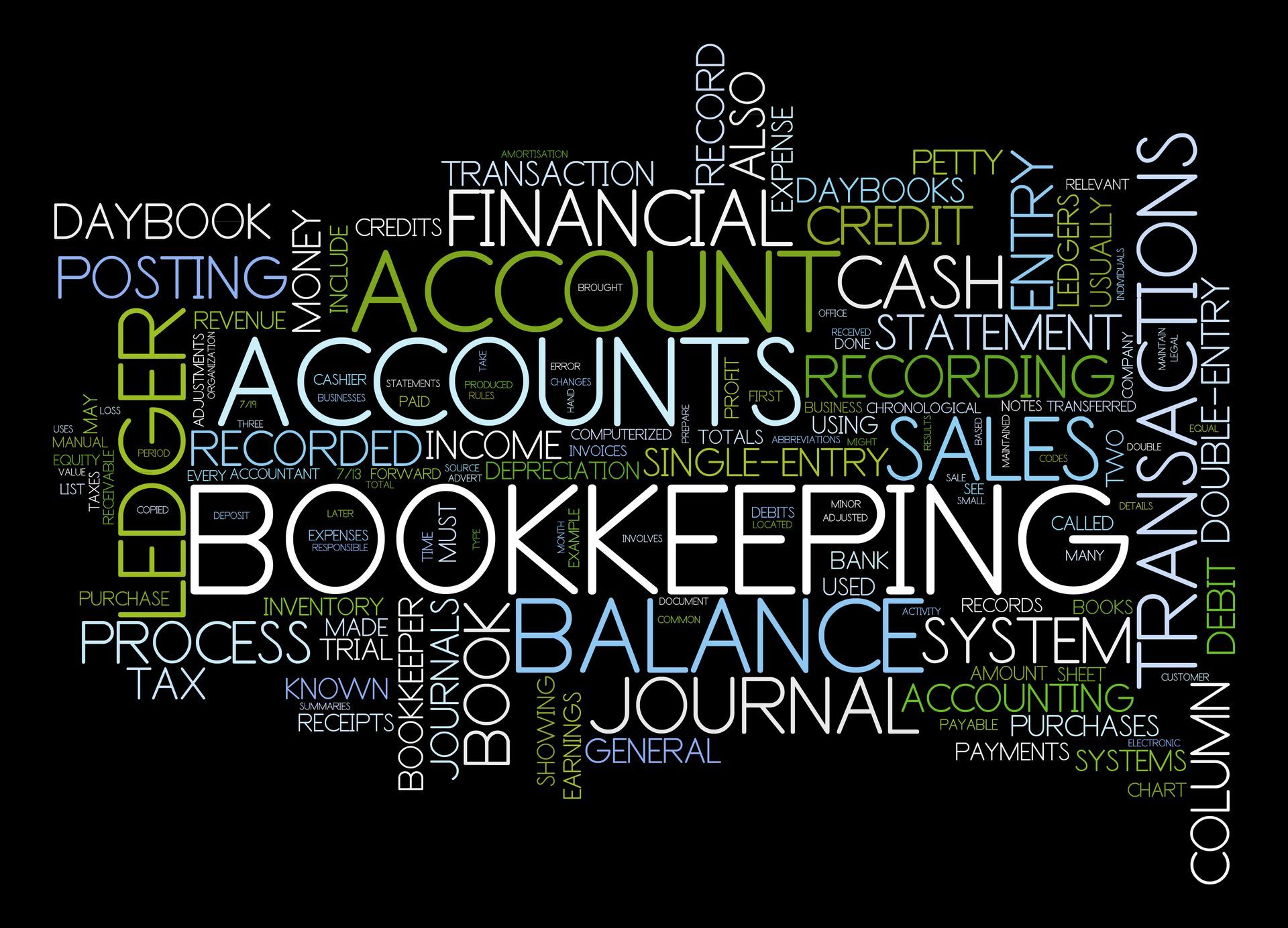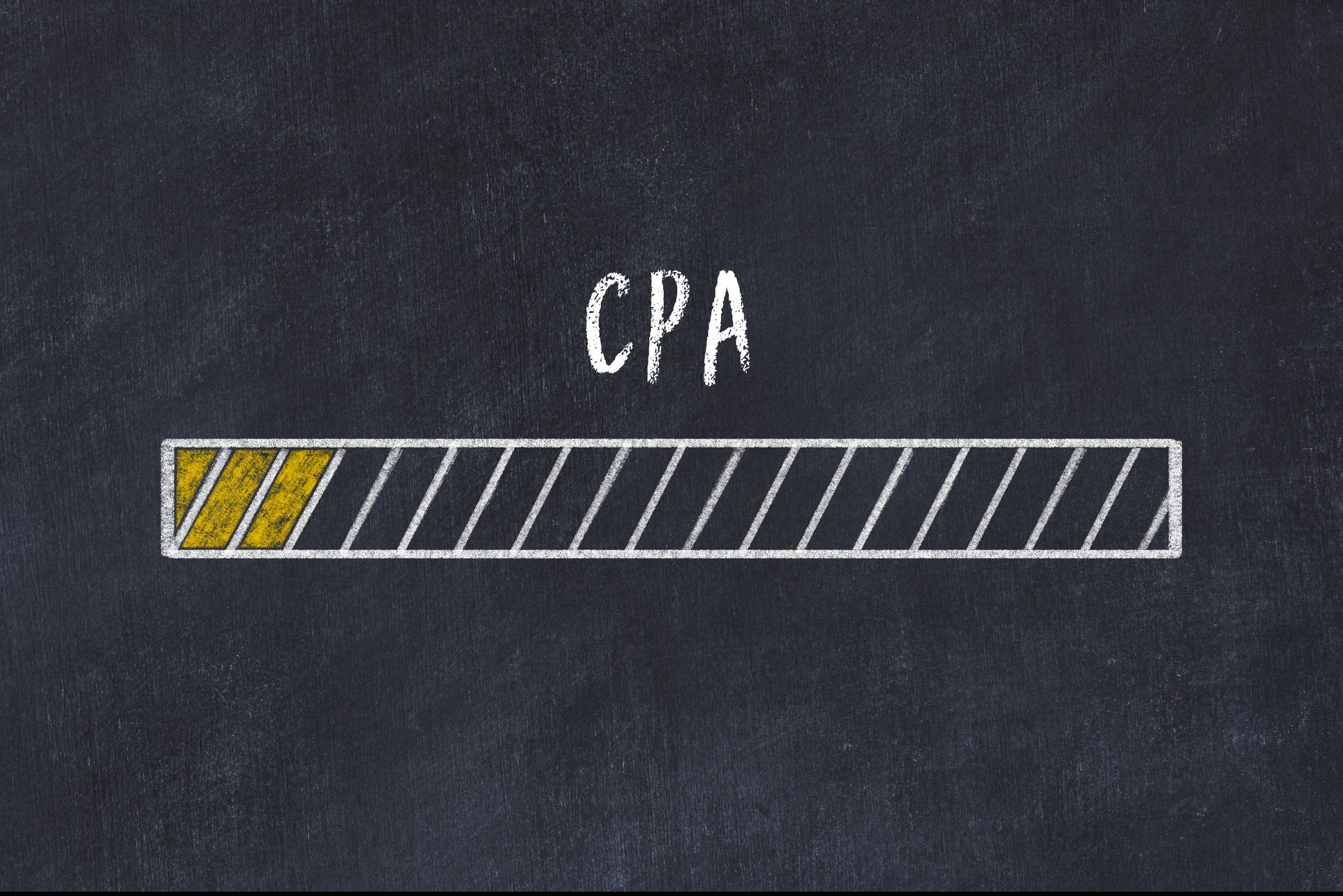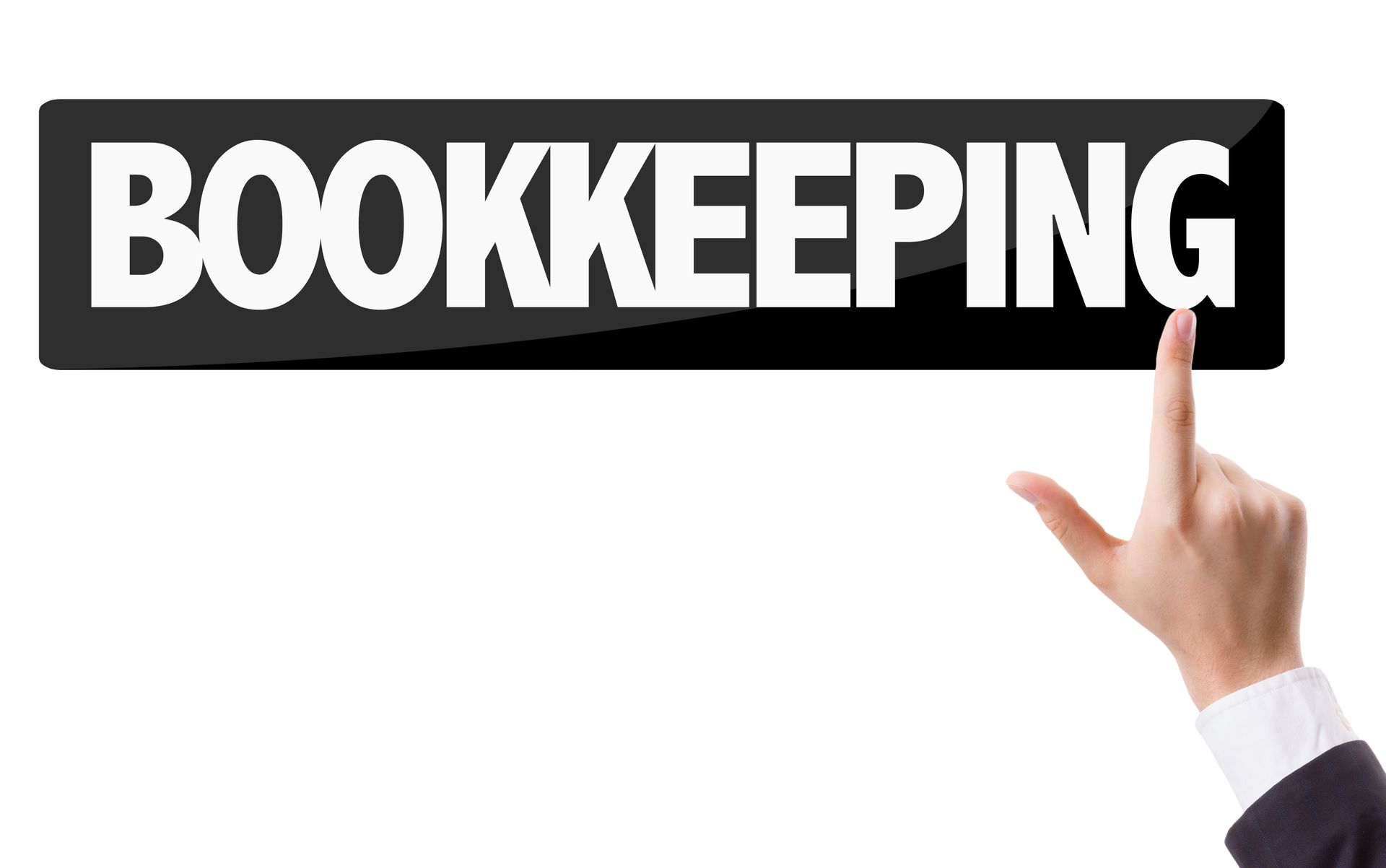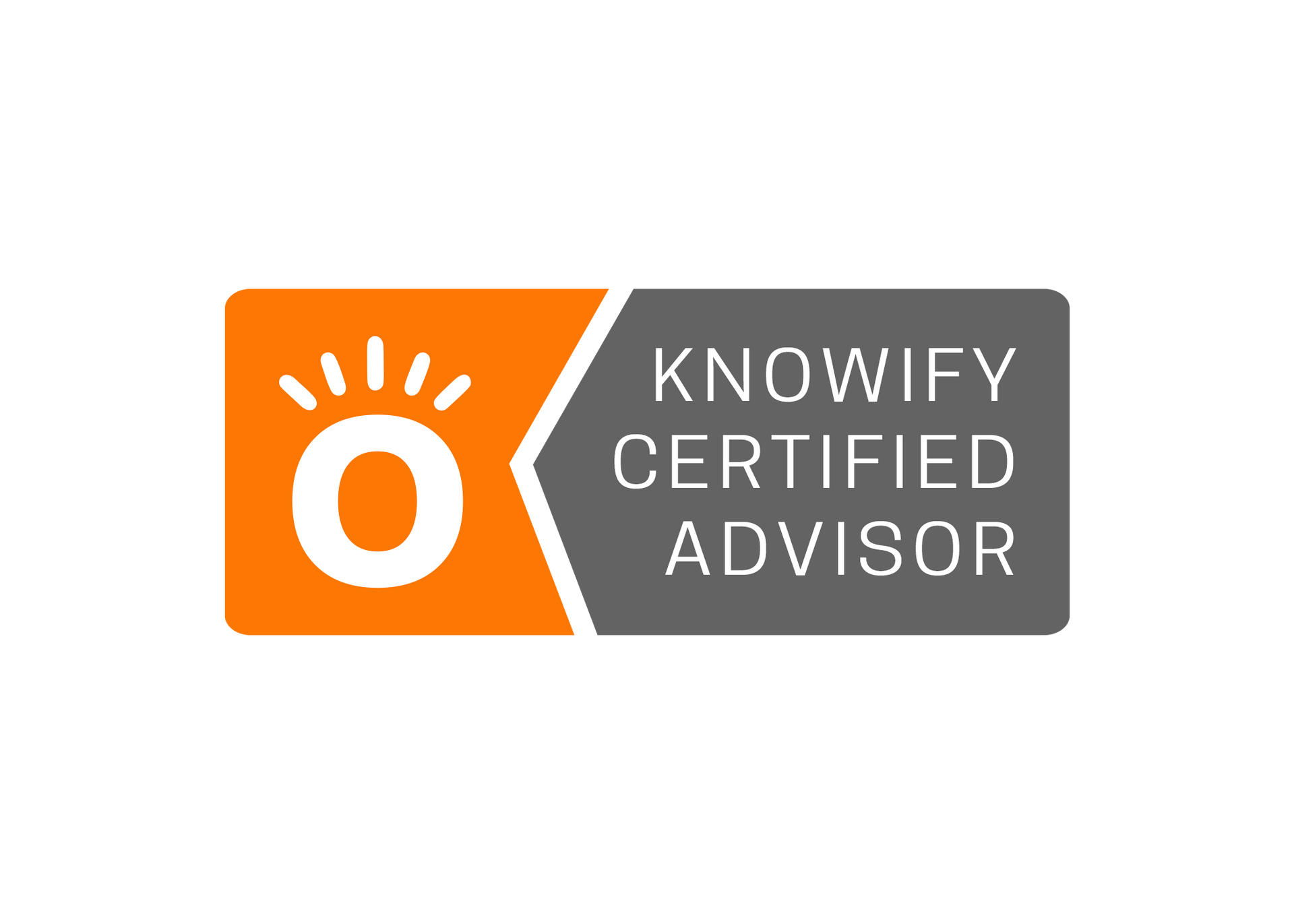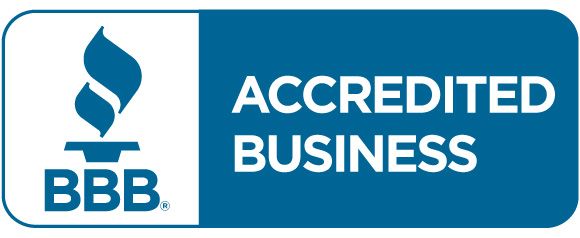Understanding AIA Billing in the Construction Industry
The Cornerstone for Commercial Construction Billing
In the construction industry, managing finances is critical to project success. AIA billing is one of the most common methods used to handle payments between parties involved in construction projects. But what exactly is AIA billing, and how does it impact construction billing? This blog post will delve into the intricacies of AIA billing, its importance, and how it streamlines the construction billing process.
What is AIA Billing?
AIA billing, also known as The American Institute of Architects (AIA) billing, is a standardized method of construction project billing. The AIA developed it, and it is widely accepted across the United States. This system uses a specific document, the G702 Application and Certificate for Payment, to facilitate accurate and efficient payment for construction work.
The G702 form provides a convenient breakdown of the work completed, materials used, and costs incurred during a specific period. It also includes information about retainage (a portion of payment withheld until project completion), change orders (changes in original contract terms), and previous payments. This comprehensive document ensures transparency between all parties involved in a project.
The Role of AIA Billing in Construction Billing
Effective financial management is crucial in any construction project to ensure smooth operations. Here's where AIA billing plays an integral role:
- Streamlining Payments: With its systematic approach to documenting work progress and costs incurred, AIA billing simplifies the payment process between contractors, subcontractors, and property owners. It ensures everyone gets paid accurately for their work while minimizing disputes over payments.
- Enhancing Transparency: The detailed breakdown provided by G702 forms offers complete transparency into what work has been done and what costs have been incurred. This transparency helps build trust among all parties involved in a project.
- Facilitating Financial Planning: AIA billing facilitates financial planning by providing regular updates on costs incurred during different project stages. It helps contractors and property owners anticipate future costs and manage their budgets effectively.
The Process of AIA Billing
The AIA billing process is relatively straightforward. It begins with the contractor preparing a Schedule of Values (SOV), a detailed plan that breaks down the entire contract amount into portions corresponding to various parts of the construction work.
Once the work for a particular period is complete, the contractor fills out the G702 form detailing the work done, materials used, and costs incurred. This document is then submitted to the architect or owner for approval. After reviewing and approving the application, they release payment to the contractor.
The cycle repeats until all stages of construction are complete and all payments have been made. At this point, any retainage withheld during previous payments is also released.
Conclusion: The Importance of AIA Billing in Construction Projects
In conclusion, AIA billing plays a pivotal role in construction billing by ensuring smooth financial transactions between project parties. Its standardized approach simplifies payment processes, enhances transparency, and facilitates effective financial planning.
While it may seem complex at first glance, understanding AIA billing can significantly benefit contractors and property owners by clarifying project costs and progress. By leveraging this system, you can ensure your construction projects run more smoothly and efficiently from a financial perspective.
Remember that while AIA billing has advantages, it's also essential to have an efficient system or software to handle these billings accurately. With proper tools and understanding of this method, you can streamline your construction billing process and ensure successful project completion with minimal financial disputes or misunderstandings.
Get a Free Consultation
Accurate, weekly bookkeeping tailored to small business owners—so you can grow with confidence.
Latest Posts

